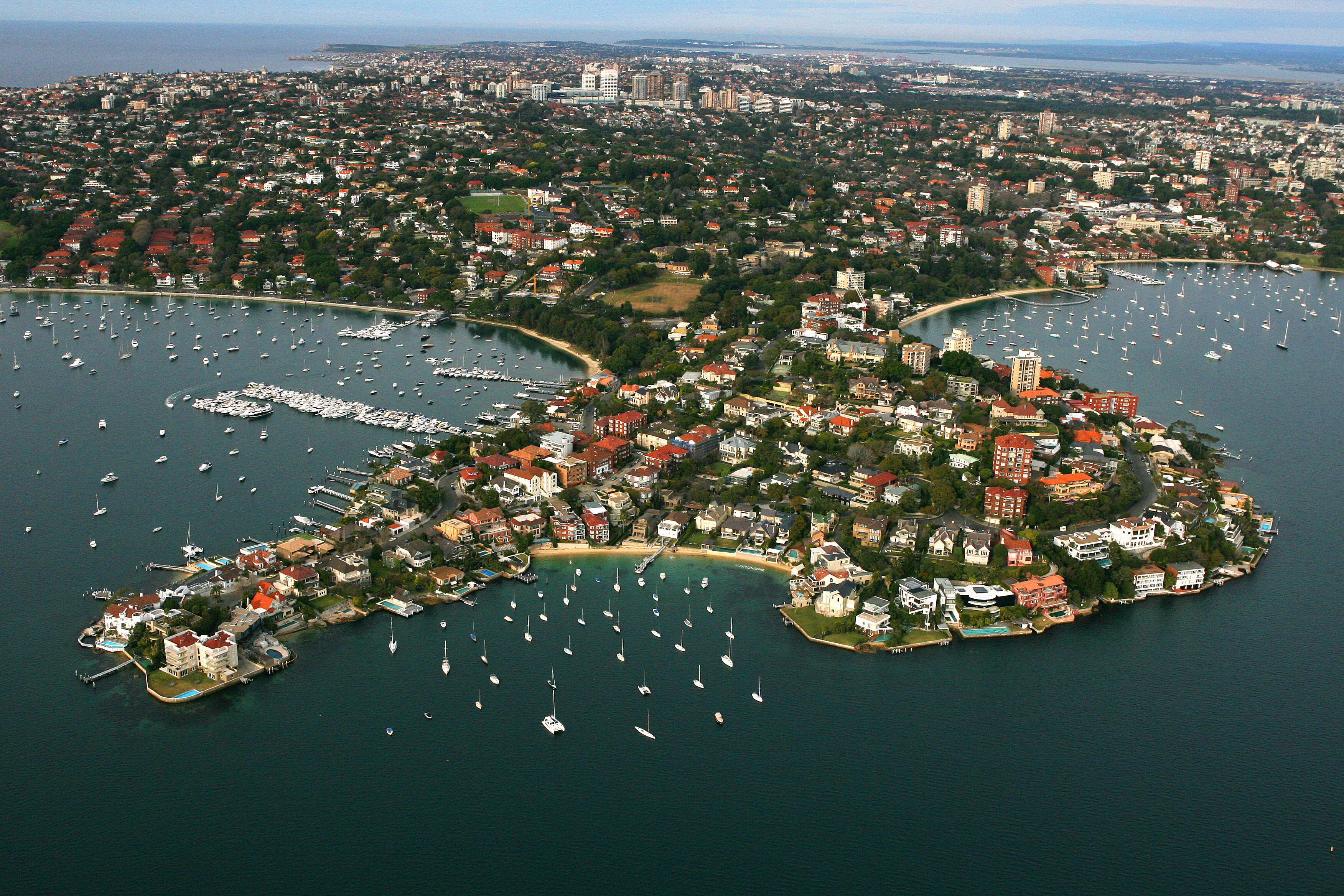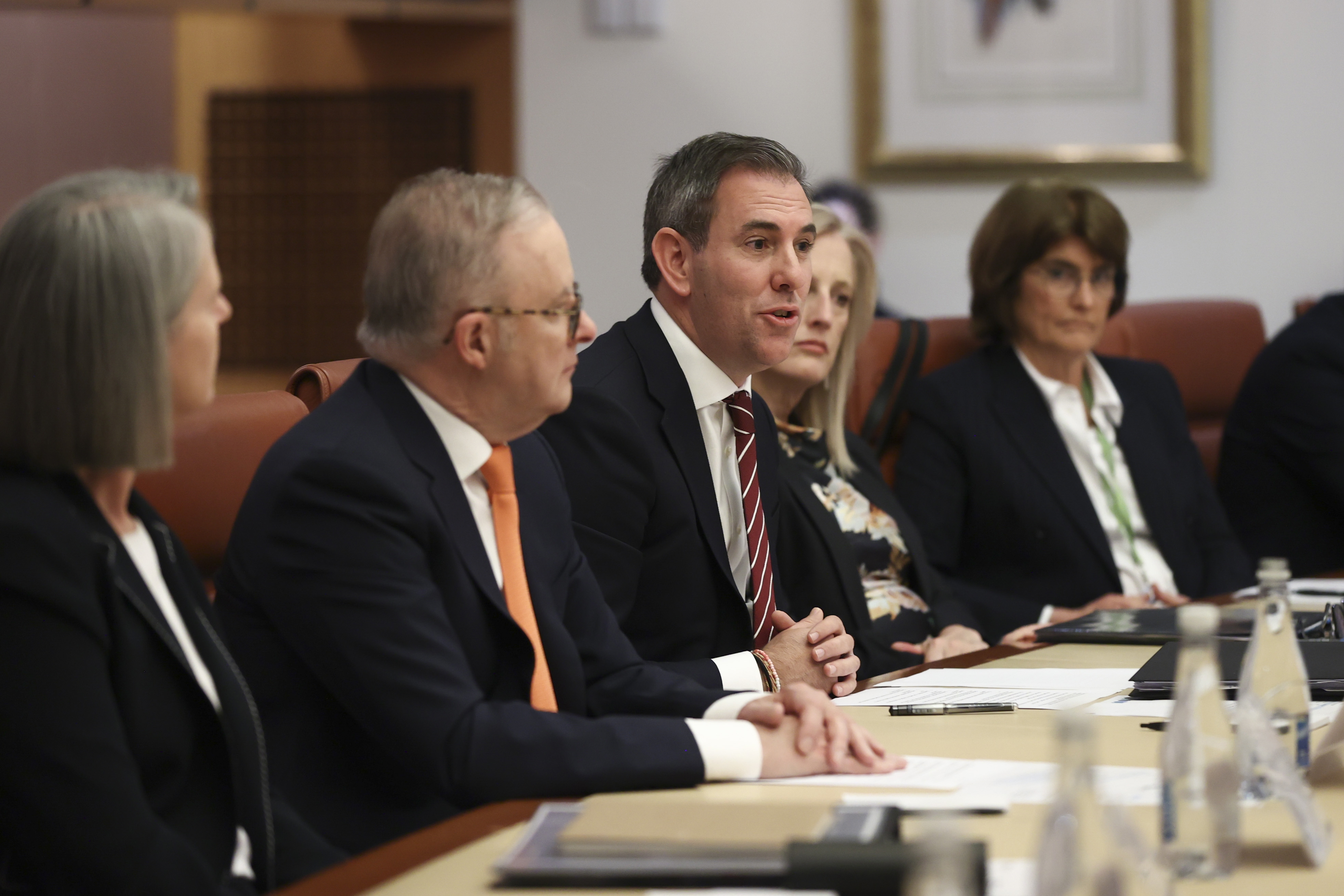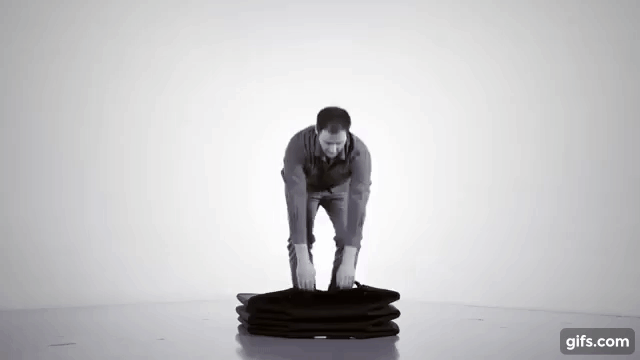Push to overhaul tax concessions 'hurting ordinary Aussies'

There are calls for today's economic reform summit in Canberra to consider overhauling Australia's negative gearing or capital gains tax concessions.
Under the controversial system, property owners claim back billions of dollars in tax concessions.
The property industry claims the two policies provide owners with an incentive to invest, ensuring a supply of rental properties.
READ MORE: What is negative gearing and why are calls to change it so controversial?
But critics argue the billions of dollars in tax breaks push up house prices and prevent many Australians from purchasing a home.
Ahead of today's economic roundtable, the housing campaign group Everybody's Home wrote an open letter to Prime Minister Anthony Albanese and Treasurer Jim Chalmers.
The alliance of housing sector advocates, economists and union leaders argues negative gearing reform could unlock billions of taxpayer dollars that should be invested in building public and community housing.
Everybody's Home national spokesperson Maiy Azize says too many Australians are paying the price for the wealthy's tax concessions.
"These tax breaks are among the most unfair and distortionary in our economy," he said.
"They make housing less affordable, benefit higher-income Australians, and lock everyday people out of safe and affordable housing.
"Cutting them and using the savings to build low-cost rentals will mean more people will be able to afford a safe place to live."
READ MORE: Call for 'death tax' to help Australia raise $70 billion ahead of economic round table
How does negative gearing work?
Negative gearing is a tax concession that applies when the cost of owning an investment outweighs the income it generates.
The owner can then deduct that net loss from their overall income and lower their total taxable income, and therefore reduce their tax bill.
It can apply to any kind of investment in Australia but is most commonly associated with investment properties.


















